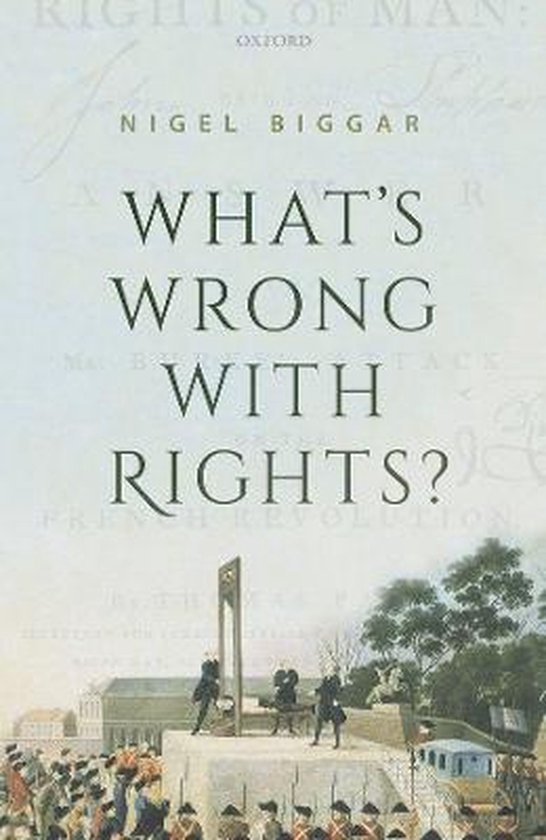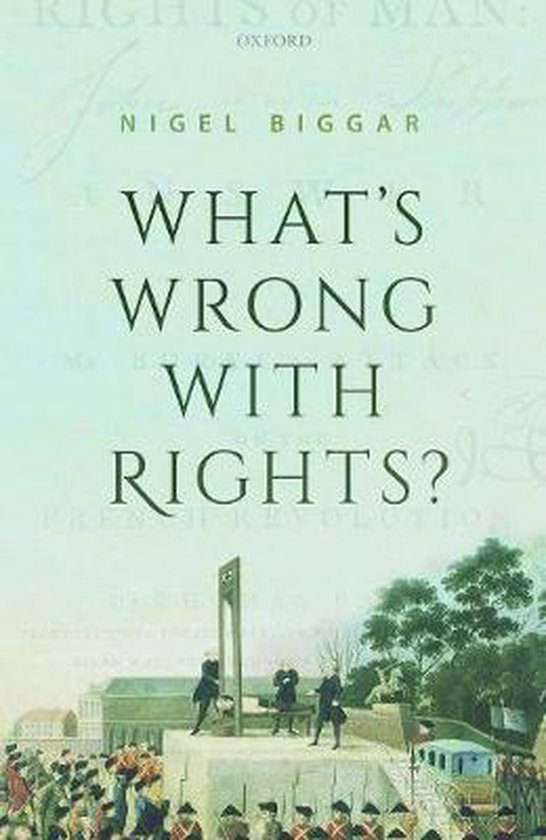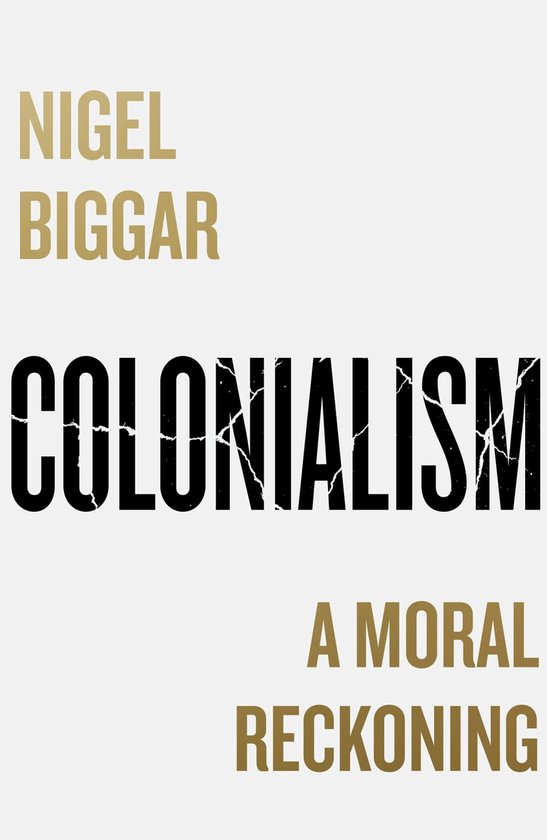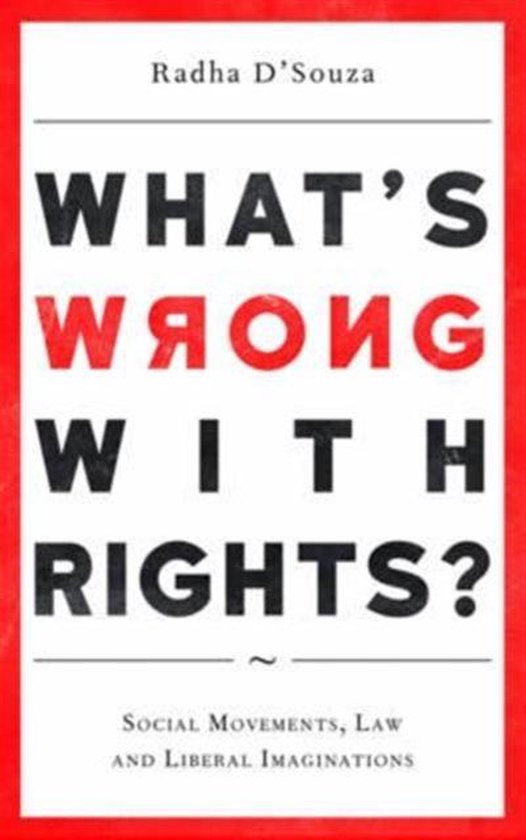
What's Wrong with Rights?
What's Wrong with Rights? argues that contemporary rights-talk obscures the importance of civic virtue, corrodes military effectiveness, and subverts the democratic legitimacy of law. It draws upon legal and moral philosophy, moral theology, and court judgments. The discussion ranges from medieval Christendom to debates about justified killing.
Are natural rights 'nonsense on stilts', as Jeremy Bentham memorably put it? Must the very notion of a right be individualistic, subverting the common good? Should the right against torture be absolute, even though the heavens fall? Are human rights universal or merely expressions of Western neo-imperial arrogance? Are rights ethically fundamental, proudly impervious to changing circumstances? Should judges strive to extend the reach of rights from civil Hamburg to anarchical Basra? Should judicial oligarchies, rather than legislatures, decide controversial ethical issues by inventing novel rights? Ought human rights advocates learn greater sympathy for the dilemmas facing those burdened with government? These are the questions that What's Wrong with Rights? addresses. In doing so, it draws upon resources in intellectual history, legal philosophy, moral philosophy, moral theology, human rights literature, and the judgments of courts. It ranges from debates about property in medieval Christendom, through Confucian rights-scepticism, to contemporary discussions about the remedy for global hunger and the justification of killing. And it straddles assisted dying in Canada, the military occupation of Iraq, and genocide in Rwanda. What's Wrong with Rights? concludes that much contemporary rights-talk obscures the importance of fostering civic virtue, corrodes military effectiveness, subverts the democratic legitimacy of law, proliferates publicly onerous rights, and undermines their authority and credibility. The solution to these problems lies in the abandonment of rights-fundamentalism and the recovery of a richer public discourse about ethics, one that includes talk about the duty and virtue of rights-holders.
Are natural rights 'nonsense on stilts', as Jeremy Bentham memorably put it? Must the very notion of a right be individualistic, subverting the common good? Should the right against torture be absolute, even though the heavens fall? Are human rights universal or merely expressions of Western neo-imperial arrogance? Are rights ethically fundamental, proudly impervious to changing circumstances? Should judges strive to extend the reach of rights from civil Hamburg to anarchical Basra? Should judicial oligarchies, rather than legislatures, decide controversial ethical issues by inventing novel rights? Ought human rights advocates learn greater sympathy for the dilemmas facing those burdened with government? These are the questions that What's Wrong with Rights? addresses. In doing so, it draws upon resources in intellectual history, legal philosophy, moral philosophy, moral theology, human rights literature, and the judgments of courts. It ranges from debates about property in medieval Christendom, through Confucian rights-scepticism, to contemporary discussions about the remedy for global hunger and the justification of killing. And it straddles assisted dying in Canada, the military occupation of Iraq, and genocide in Rwanda. What's Wrong with Rights? concludes that much contemporary rights-talk obscures the importance of fostering civic virtue, corrodes military effectiveness, subverts the democratic legitimacy of law, proliferates publicly onerous rights, and undermines their authority and credibility. The solution to these problems lies in the abandonment of rights-fundamentalism and the recovery of a richer public discourse about ethics, one that includes talk about the duty and virtue of rights-holders.
| Auteur | | Nigel Biggar |
| Taal | | Engels |
| Type | | Paperback |
| Categorie | | Religie, Spiritualiteit & Filosofie |




